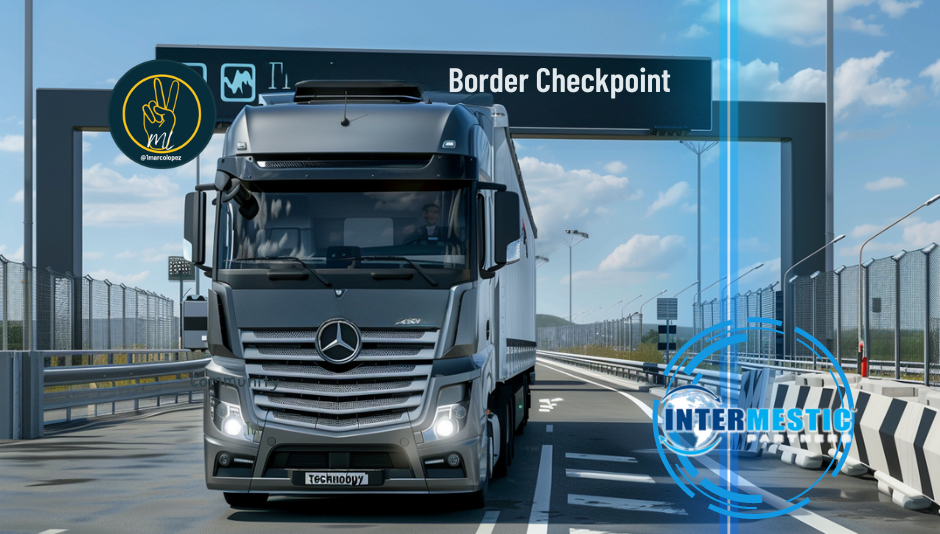
Navigating U.S.-Mexico Cross-Border Trucking: Challenges, Innovations, and Future Prospects
- Marco Lopez

- Jun 9, 2024
- 2 min read

The U.S.-Mexico cross-border trucking logistics sector plays a pivotal role in the economic interdependence of both nations. This multifaceted industry oversees the transport of a wide range of commodities, influencing various sectors from manufacturing to retail. The significance of this partnership cannot be overstressed.
Historically, cross-border trucking faced numerous challenges, including language barriers, disparities in technical standards, and differing labor practices. Overcoming these obstacles required persistent enhancements and modifications over decades. From the advent of intermodal transport systems in the 1950s to the NAFTA-driven boom in the 1990s, the industry has continually evolved.
Today, trade between the U.S. and Mexico has reached record highs, with trucks leading the charge. Cross-border freight now represents around 70% of all bilateral trade, significantly benefiting states like Texas, California, and Michigan. However, modern challenges persist, such as rigorous post-9/11 security protocols, which have increased border waiting times and cargo scrutiny.
Technology plays a crucial role in addressing these challenges. Innovations like real-time tracking, shipper-driver apps, and Transportation Management Systems (TMS) have revolutionized logistics, driving efficiency and transparency. Policy changes and regulatory adjustments are also key, with harmonized regulations and new logistics strategies like nearshoring paving the way for more effective operations.
The recent suspension of services in the cross-border trucking sector has had profound impacts, including supply chain interruptions and revenue losses. Understanding the origins, causes, and responses to such disruptions is essential for future resilience.
Looking ahead, the U.S.-Mexico cross-border trucking industry is poised for further growth, fueled by technology advancements and policy enhancements. Experts predict that artificial intelligence, machine learning, and blockchain will play significant roles in managing logistics networks. The Internet of Things (IoT) will enhance real-time tracking, and autonomous vehicles may become a reality.
Sustainability is also expected to be at the forefront of future logistics operations. From fuel-efficient trucks to optimization software aimed at reducing route time and carbon emissions, sustainable logistics processes will become increasingly important.
As the founder and CEO of Intermestic Partners, an international business advisory firm established in 2011, I bring extensive experience in cross-border trade and development. My background as the former mayor of a border city in Arizona, director of the Arizona Department of Commerce, and chief of staff at US Customs and Border Protection underscores my deep understanding of this sector.
For further insights and collaboration on U.S.-Mexico cross-border trucking logistics, connect with Intermestic Partners. Our expertise can help navigate the complexities and drive your business forward.
.png)




Comments